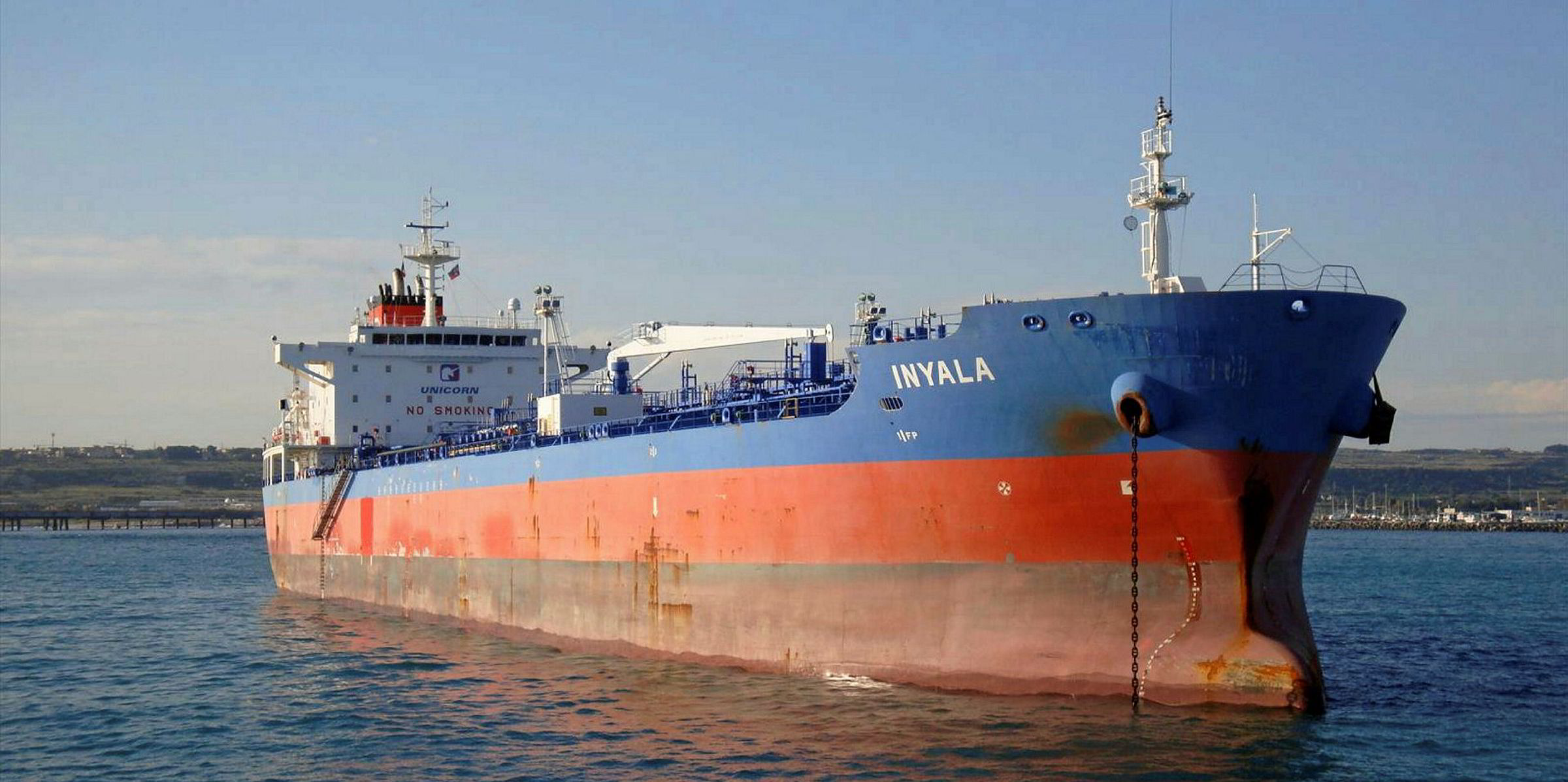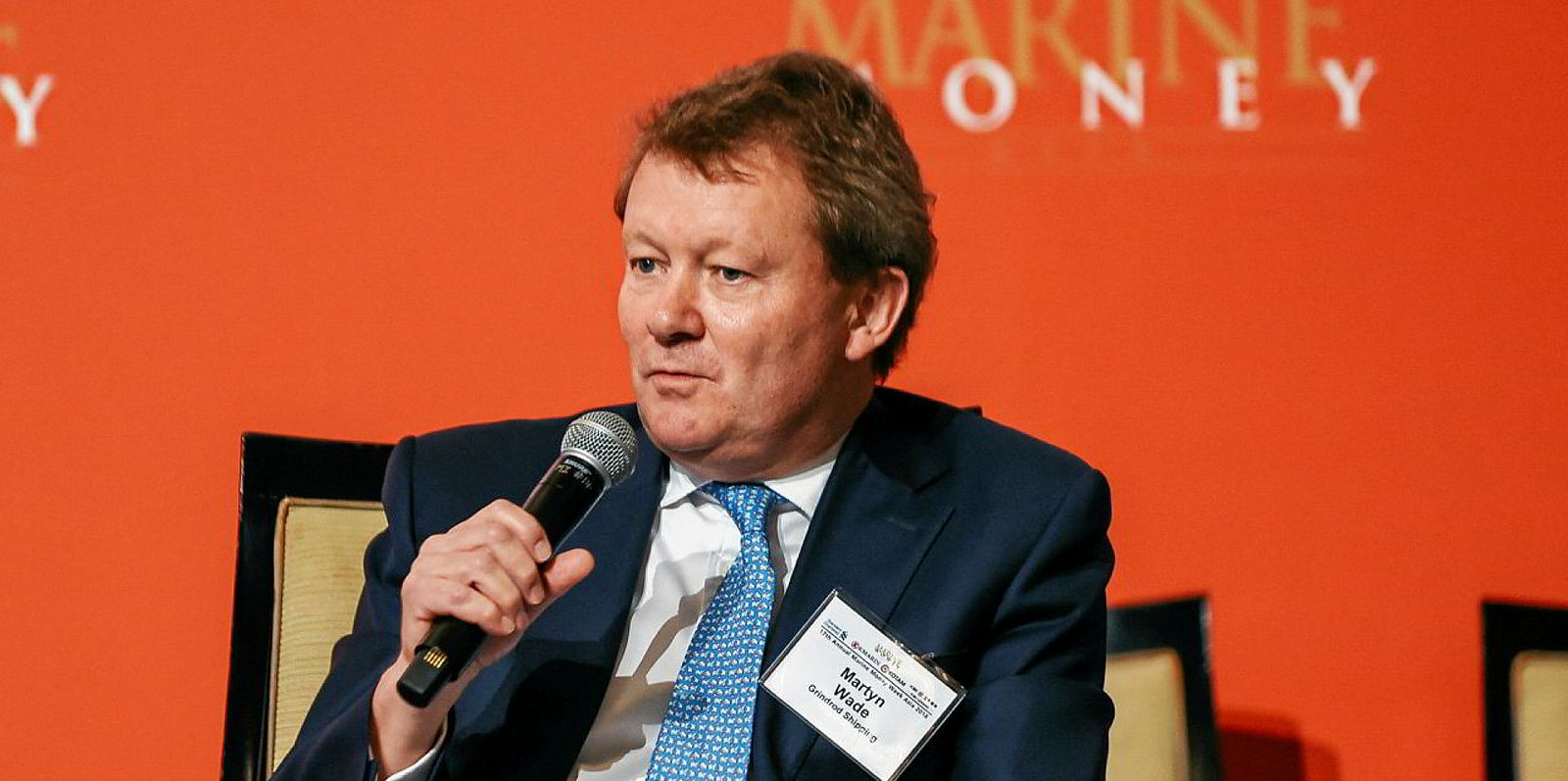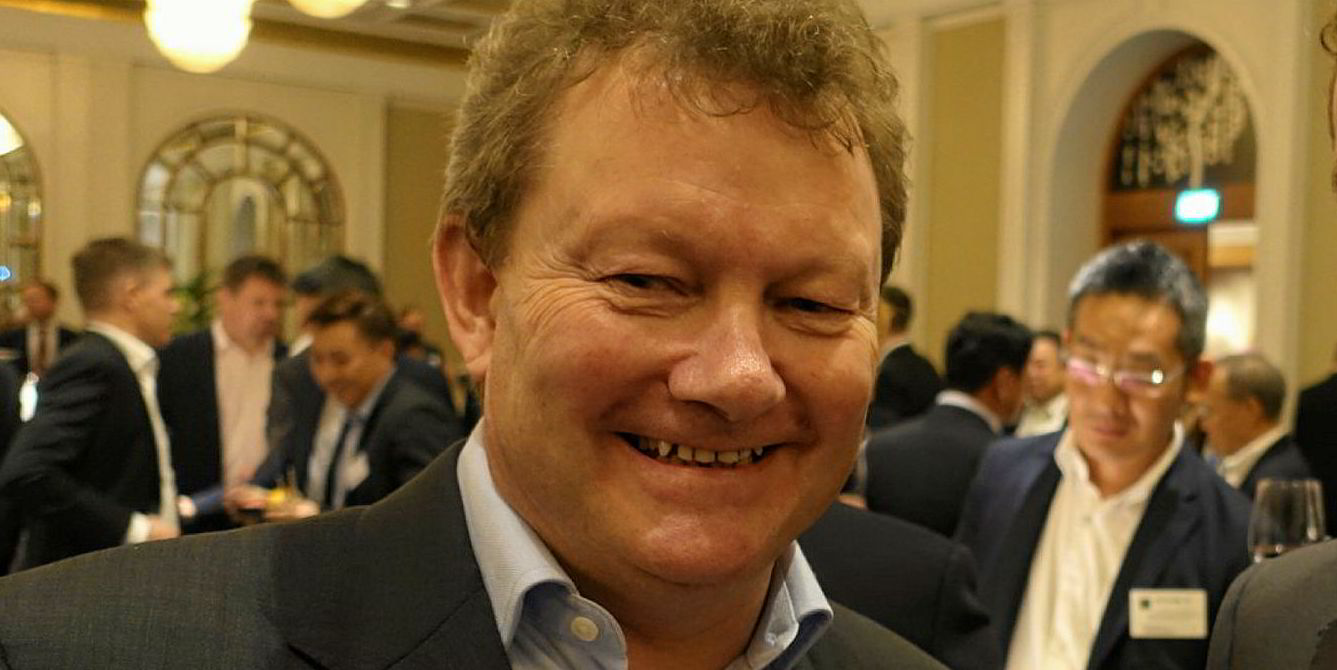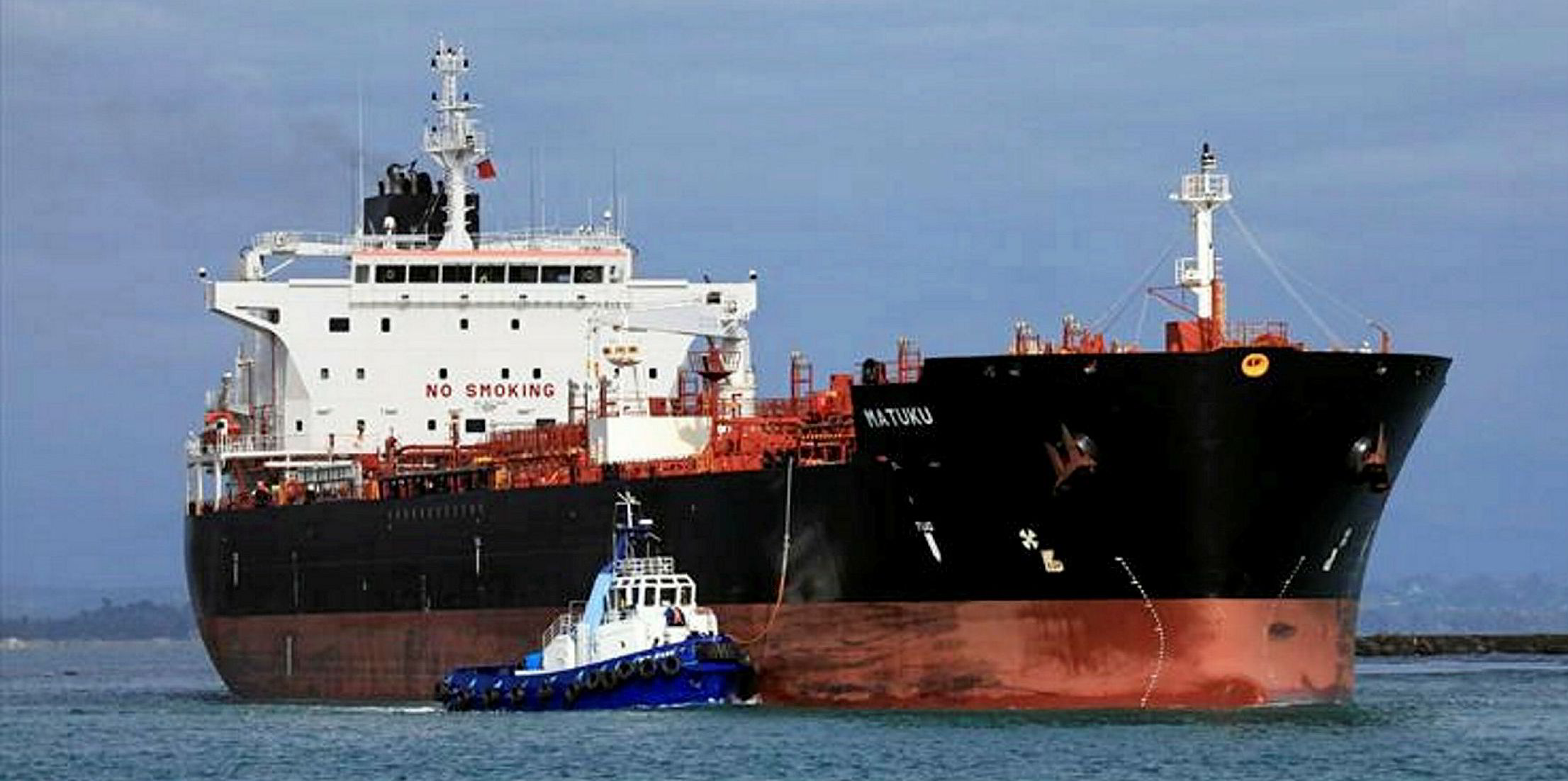Nasdaq-listed Grindrod Shipping has been linked to more product tanker sales as secondhand prices remain strong.
Brokers reported that the shipowner has reached deals to sell the 39,700-dwt Rhino (built 2010) for $16m and the 40,000-dwt Inyala (built 2008) for $14.5m.
No firm information on the buyer is available, and one of the brokers said the deals are yet to be finalised.
Grindrod declined to comment on the reports.
The product tankers, which meet IMO III chemical handling standards and do not have scrubbers, were built by South Korea’s Shina Shipbuilding, which went bankrupt in 2015 due to limited newbuilding demand.
They have been trading in Maersk Tankers’ Handytankers pool since late 2016.
VesselsValue estimated the value of Rhino at $16.2m and Inyala at $13.2m as of Tuesday.
Secondhand prices for MRs have stayed at a firm level this year, and analysts have painted an optimistic earnings outlook with a small orderbook and expectations for demand growth triggered by the IMO’s new sulphur cap on bunker fuel.
Vessel sales
Last month, Grindrod confirmed it sold the 16,900-dwt tanker Kowie (built 2010) for $9.2m but did not disclose the buyer’s identity.
In 2019, the company sold the 16,500-dwt Umgeni (built 2011) for $8.88m. It also disposed of the 40,100-dwt Lavela (built 2010), the last ship in its joint venture with Engen Petroleum, for $14.8m.
In the same year, the company acquired the 50,000-dwt Leopard Moon and Leopard Sun (both built 2013) for $54m from Leopard Tankers, its joint venture with Vitol.
Both joint ventures have been terminated.
Based in Singapore, Grindrod controls a diversified fleet of bulkers via Island View Shipping and product tankers via Unicorn Shipping.
As of February, the company owned 25 handysize, supramax and ultramax bulkers and chartered in seven supramax and ultramax ships on a long-term basis.
If the sales of Rhino and Inyala close, Unicorn will have three owned and two chartered MR tankers in the 50,000-dwt segment left in its fleet, as well as two 16,900-dwt ships.
Aside from the 50,140-dwt Matuku (built 2016), which is on a bareboat charter that expires in 2022, the MRs are commercially managed by Vitol’s affiliate Mansel. The small tankers trade in the spot market and under contracts of affreightment.
“Charter markets thus far in 2020 have been volatile due to the uncertainty surrounding the potential negative impact of coronavirus on global economic conditions,” the company said last month in a quarterly report.
As of 20 February, Grindrod had fixed its MRs for 360 operating days this year at $19,600 per day and small tankers for 112 days at $12,800 per day on a time charter equivalent basis.






